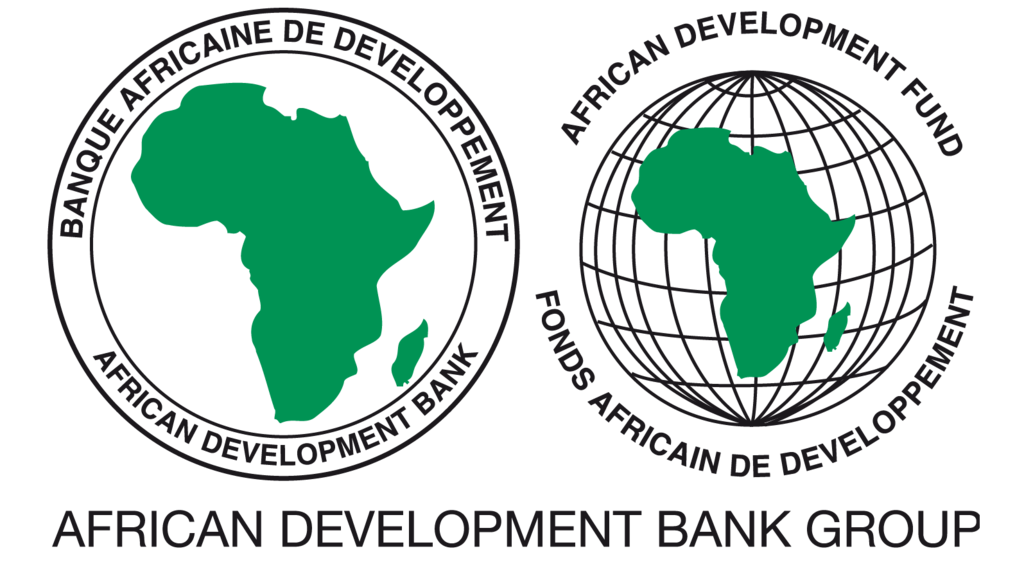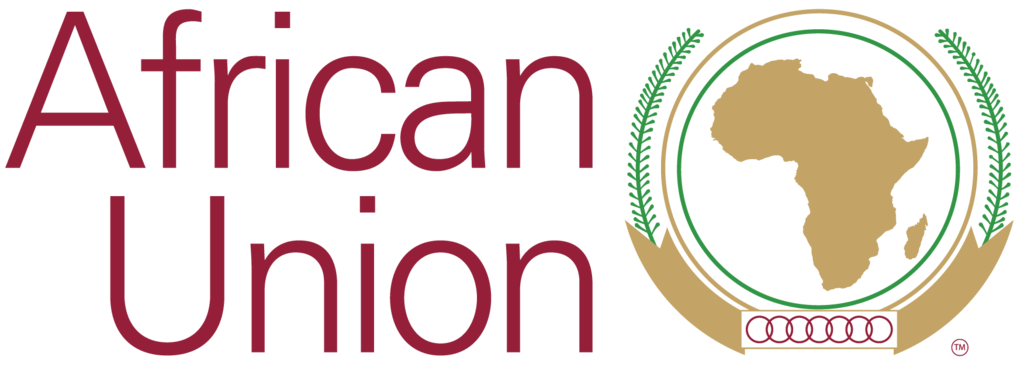The Action Agenda is a strategy-driven and holistic document acting as an umbrella for energy sector development at national level.
It defines the national SEforALL objectives and determines how the three goals of SEforALL can be achieved. The Action Agenda provides the long-term vision which ensures the overall sector-wide coherence and synergy of the accumulated efforts towards the three goals of SEforALL in the country, also including the nexus angles (food security, gender, health, water etc.).
The development process of the Action Agenda is itself of critical importance as it will define its ultimate quality. It is therefore crucial that there is clear national ownership of the Action Agenda and that its development process is an inclusive and transparent exercise of stakeholder engagement led by national authorities. This exercise should bring together stakeholders from all the relevant sectors into one conversation. Specific stakeholder consultation guidelines building on the principles contained in the Hub developed Africa Guidelines have been developed for this purpose .
The development of an Action Agenda is a multi-stage process in most cases facilitated by technical assistance provided by a partner. The Action Agenda development process starts with a preparatory phase that includes the nomination of a SEforALL focal point and set-up of coordination and working groups for the AA development process.
The AA is a nationally owned process that is developed as a part of a coherent framework of SEforALL activities at the global and the regional level. The SEforALL partners, such as the regional and thematic Hubs and the HIOs, support the national AA development processes on requests of participating countries.
At the end of the process the AA needs to be validated technically and adopted politically. The technical validation could be done through a workshop bringing together key stakeholders. The political adoption is essential to ensure implementation and could involve cabinet level approval, but naturally depends on the national context.
The political adoption elevates the AA as the national framework under which the sectorial policies are elaborated and it should serve as the basis for donor co- ordination and assistance on energy, and as a reference document for the private sector and civil society. This is also important in view of the Sustainable Development Goal n.7 on Energy, for which the AA could become a recognized national implementation framework.
The length of the process of developing the AA is generally comprised between 6 and 12 months (from the date of the kick-off), depending on the local conditions and of the depth of consultation processes.
Available documents are available below and on the Country Pages.
Documents
- Gambia: Action Agenda (2.47 MB)
- Cabo Verde: Action Agenda (1.61 MB)
- Angola: Action Agenda (3.18 MB)
- Benin: Agenda d’Action (695 kB)
- Burkina Faso: Agenda d’Action (1.06 MB)
- Cabo Verde: Action Agenda (Portuguese) (2.37 MB)
- Cote d'Ivoire: Agenda d’Action (1.29 MB)
- Ghana: Action Agenda (0.97 MB)
- Kenya: Action Agenda (14.14 MB)
- Liberia: Action Agenda (1.02 MB)
- Mali: Agenda d’Action (633 kB)
- Mozambique Action Agenda (2.24 MB)
- Nigeria: Action Agenda (18.68 MB)
- Prospectus d'investissement de l'energie durable pour tous SEforALL du Mali (1.19 MB)
- Mozambique Action Agenda (2.24 MB)
- Rwanda: Action Agenda (2.07 MB)
- Sierra Leone: Action Agenda (0.94 MB)
- Swaziland: Action Agenda (2.13 MB)
- Tanzania: Action Agenda (1.97 MB)
- Togo: Action Agenda (134 kB)
- Uganda: Action Agenda (4.33 MB)
- Guine-Bissau: Agenda de Acao (1.51 MB)





